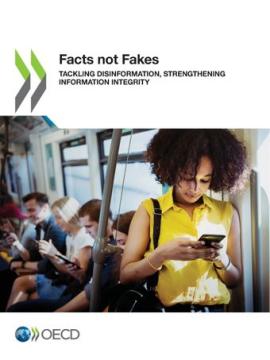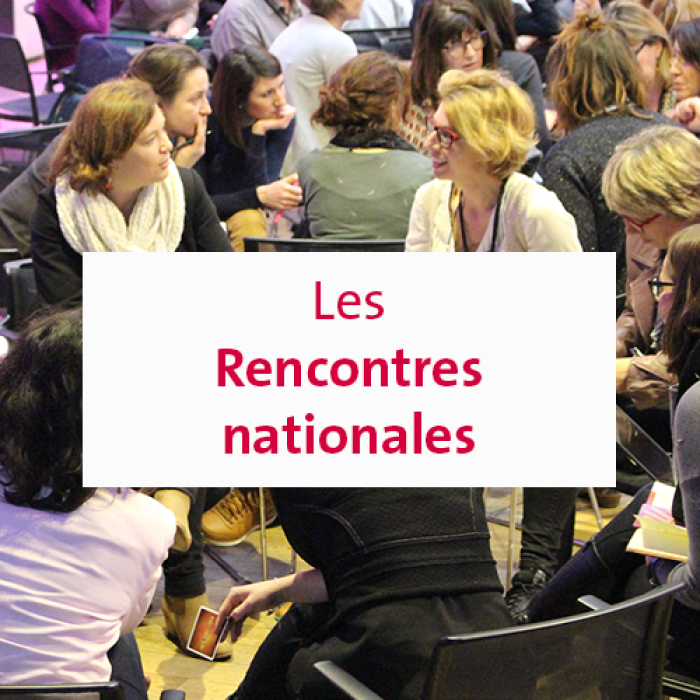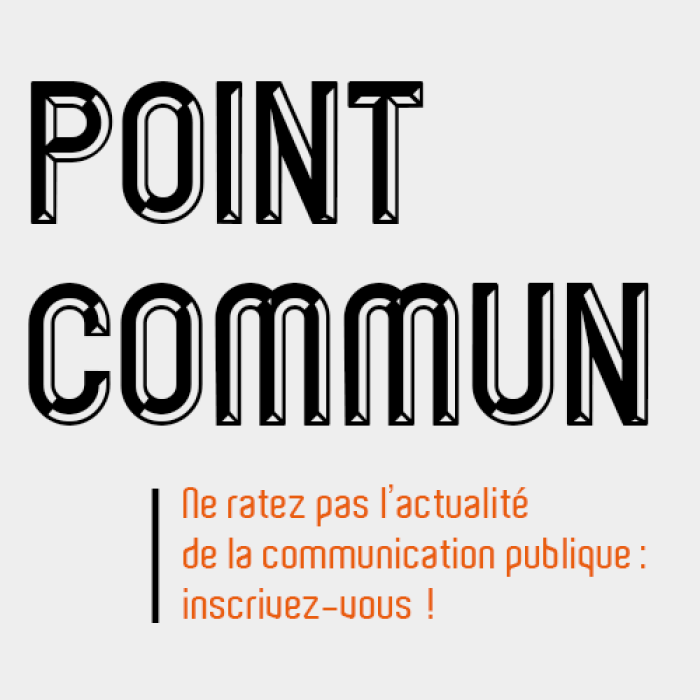
Com pages: “Facts not fakes” by the OECD
This report is a summary of the work carried out by OECD directorates and member countries. It includes insights gained from the conference held in Paris in November 2023 on “Tackling Disinformation, Strengthening Democracy through Information Integrity”, attended by journalists and NGOs (including Cap'Com). This pragmatic and example-driven approach provides recommendations that can be applied at all levels.
It's now a familiar story for those who have taken the time to study the damage disinformation can do to life in our democratic societies: our spaces for open debate and our operating principles based on freedom of opinion and expression are targets for those who seek to manipulate, destabilise, polarise and confuse opinion. This is nothing new, but it is becoming critical as a result of the power of digital technology. This is the starting point for Klimentini Diakomanoli's book, Fake news: what is Europe doing?, soon to be published by L'Harmattan with the support of Cap'Com.
In this report by the OECD's Directorate for Public Governance, points also converge - in its lengthy introduction - on protecting sources of knowledge, as well as on ensuring greater accessibility. These are both causes for concern and positive factors for public involvement. “There is a growing recognition of the positive but not intrusive role governments can play in strengthening information integrity, in addition to mitigating the real threat posed by disinformation.” Every level of public administration is concerned. Not only locally, but also internationally, as we saw with the signing of the Global Declaration on Information Integrity Online at the initiative of the governments of Canada and the Netherlands in September 2023, which, among other recommendations, points to the need to develop effective indicators of the reliability of information sources by working with civil society organisations and universities.
A constructive role
While there are still articles in the political and trade press that are confined to observations and listing threats (as on climate issues), some experts and bodies have already reached a consensus and are planning to take action: “voluntary self- and co-regulatory regimes are limited in that they allow some actors to sidestep obligations, underscoring the importance of government involvement in designing, enforcing, and updating regulatory responses, as appropriate”, the report states. This summarises the analyses made in the previous chapters, particularly on the question of self-regulation and how this is implemented in different countries. The OECD plays its role and proposes courses of action for each of the three areas identified.
- Implementing policies to enhance the transparency, accountability, and plurality of information sources.
- Fostering societal resilience to disinformation.
- Upgrading governance measures and institutional architecture to uphold the integrity of the information space.
In the highly detailed lists that are then proposed, many points make sense for local governments and public communicators, such as rebuttal by anticipation, support for the existence of a diverse, plural and independent space for traditional media, media education (the subject of the next international seminar co-organised by Cap'Com and the Club of Venice - on 23 May in Strasbourg) and, of course, this recommendation that we particularly appreciate: “strengthening the capacity of public communication”!

This publication was produced by the OECD's Directorate for Public Governance under the supervision of its Director, Elsa Pilichowski. It was prepared by the Anti-Corruption and Integrity in Government Division, under the direction of Julio Bacio Terracino, Head of Division.
Facts, not fakes. Tackling disinformation, strengthening information integrity
Craig Matasick, Nuria Villanova and Liudas Zdanavicius, with contributions from Charles Baubion
Published by the OECD, Paris
Also available in French
4 March 2024
163 pages





